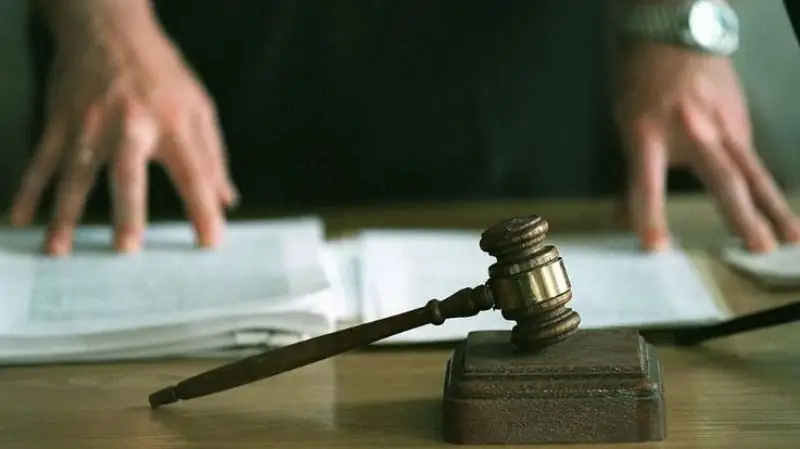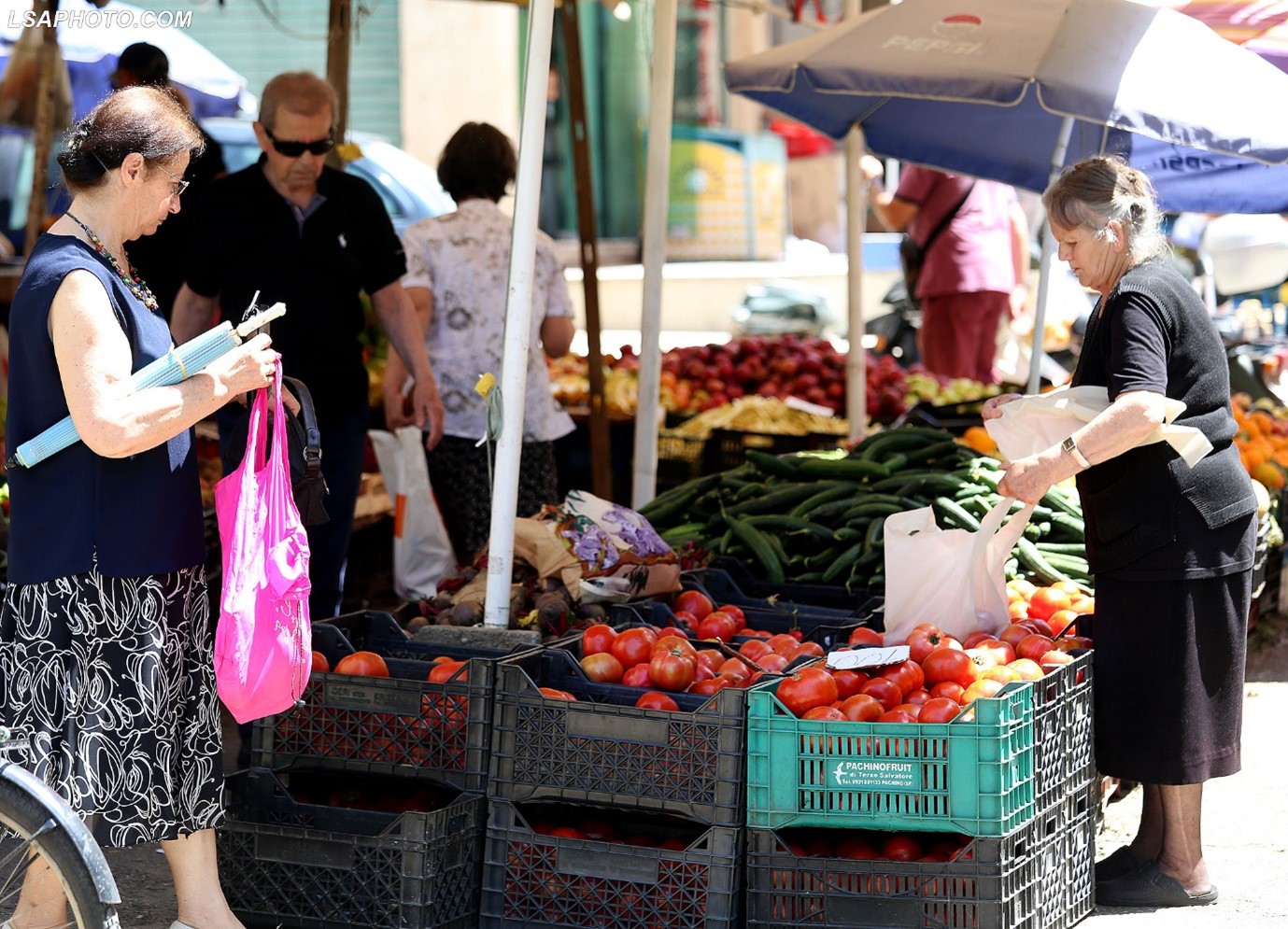From Sebi Alla – Prosecutors, lawyers, and judges (the three parties in a criminal proceeding) were confronted with a fait accompli consisting of 950 articles of the new Criminal Code, which they largely oppose, but if the majority approves it with its votes, justice officials must implement it.
As soon as the draft of the Criminal Code was published on the official website of the Ministry of Justice, together with a conference highlighting the “achievements” of this Code, it sparked numerous reactions.
Only a few voices defended it, mainly government representatives, specifically the Minister of Justice and the Prime Minister, as well as the head of the working group, Arben Rakipi.
Renowned constitutionalists, lawyers, and heads of prosecutor’s offices and the judiciary raised concerns that, at its core, this Code is not comprehensive, increases repressive prison measures for issues that could have been minor offenses, and allows room for interpretation as well as misinterpretation.
The government takes it “lightly”
During the presentation of the new Criminal Code, the Minister of Justice, Ulsi Manja, declared that it was the product of an inclusive process and, according to him, drafted with the contribution of top experts.
“The New Criminal Code is the result of an inclusive and professional process, involving the best experts in criminal law. Its purpose is to harmonize with EU conventions, directives, and standards, as well as international ones, to follow the recommendations of key justice institutions, and to incorporate the contributions of international partners, academics, civil society, and the media,” said Manja.
But is the draft so far truly the outcome of an inclusive process, as Minister Manja maintained?
The first to react was Prosecutor General Olsian Çela. “The Prosecutor General’s Office was not officially represented in the working group for drafting a new Criminal Code,” he stated.
On the same day, during an informal meeting with journalists, SPAK’s head, Altin Dumani, confirmed that the Special Prosecution had not been involved in the working group either. Dumani did not give any comment on the new draft, pointing out that the package of proposals had not yet been forwarded to SPAK.
The European Union, in a statement to Faktoje.al, also underlined the importance of an inclusive and transparent process for the package of draft amendments to the new Criminal Code, involving justice institutions, rule of law actors, and civil society.
The OSCE Presence in Albania likewise emphasized the importance of the Criminal Code as a fundamental law, deserving sufficient time and a full consultation process.
The president of the Albanian Bar Association, Maksim Haxhia, also stressed in an official statement that the draft Criminal Code should have been communicated to all actors. “We do not see the necessity of why a new Code is required. It is not the result of a demand from the justice institutions,” he said.
Reactions
During the presentation of the draft of the new Criminal Code, where the Minister of Justice, Ulsi Manja, and the head of the working group, former Prosecutor General Arben Rakipi, were present, the first to voice doubts about the draft was the head of the High Court, Sokol Sadushi.
“We must not forget that criminal law is not only for jurists. It is for society, and if it is not understood, it risks not being respected. Moreover, if it is not applied correctly, then justice is not achieved,” Sadushi stated.
The Prosecutor General, Olsian Çela, was sharper in his criticism. “The general approach in the draft to widen the scope of actions considered dangerous to the point of classifying them as criminal offenses punishable by imprisonment reveals a repressive tendency that heightens the potential for criminalizing individuals in society and produces serious consequences for citizens’ lives,” Çela said.
Constitutionalist, lawyer, and lecturer Jordan Daci, in a reaction to Faktoje.al, argued that the new Code has broadened the range of criminal offenses, burdened it with excessive interpretations, and in his opinion, would be profoundly problematic if passed. “Acts that could be handled as misdemeanors are now treated as criminal offenses under the new Code. With this Code, anyone could end up in prison,” he remarked, describing it as a repressive draft code that “should not be patched up but completely dismantled.”
Daci went further, warning that if the Code is approved as it stands, or with a few superficial adjustments, many of its provisions will inevitably be referred to the Constitutional Court for review.
The Drafters of the Code
The move to draft a new Criminal Code was a political initiative, with the ruling majority, at the end of 2019, declaring what it saw as the need for a Code aligned with EU member states and setting up a group of experts.
Faktoje.al requested information from the Ministry of Justice regarding the composition of this working group, but by the time of this article’s publication, no official response had been provided.
According to lawyer Daci, who analyzed the new Criminal Code, the result reflects less the work of experts and more copied provisions from the codes of Turkey, France, and Italy, later modified. This, he argues, has created an overload and in many instances articles that address the same criminal matter but also contradict other provisions within the same Code.
“The new Code has issues both of a fundamental nature and in terms of legal drafting technique,” Daci noted.
Conclusion
The new Criminal Code has been opposed by leaders of the justice system, the Bar Association, as well as representatives of civil society and the media. The immediate reactions from core justice institutions and other stakeholders indicate that the drafting process (so far) has not been inclusive, rendering Minister Ulsi Manja’s statement untrue.










